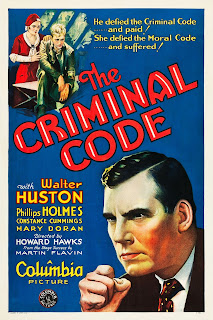During the summer of 1955, a new TV show kept people in front of their sets on hot Tuesday nights. “The $64,000 Question” was a big-money quiz show that made its contestants instant celebrities and the show even displaced “I Love Lucy” as the nation’s top TV program. What nobody realized at the time was that the show was planned, paced and cast like a drama, and a contestant’s success depended not on the questions he or she answered correctly, but on a sponsor who would drop you when you ceased to be useful.
Sources:
The Box: A Oral History of Television, 1920-61, by Jeff Kisseloff
Prime Time and Misdemeanors: Investigating the 1950s TV Quiz Scandal — A D.A.’s Account, by Joseph Stone and Tim Yohn
TV Game Shows, by Maxine Fabe
Remembering America: A Voice from the Sixties, by Richard Goodwin
Tube of Plenty: The Evolution of American Television, by Erik Barnouw
“The Cop and the $64,000 Question,” TV Guide, July 9, 1955
“A Summer Show Hits the Jackpot: $64,000 Prize, Carefully Picked Contestants Keep Nation Glued to Its Television Sets,” TV Guide, August 20, 1955
“Come and Get It: TV Giveaway Shows Lure Viewers with Bigger and Bigger Jackpots,” TV Guide, December 31, 1955
“The Quiz Show Scandals: An Editorial,” TV Guide, October 24, 1959
“Letters,” TV Guide, November 21, 1959













